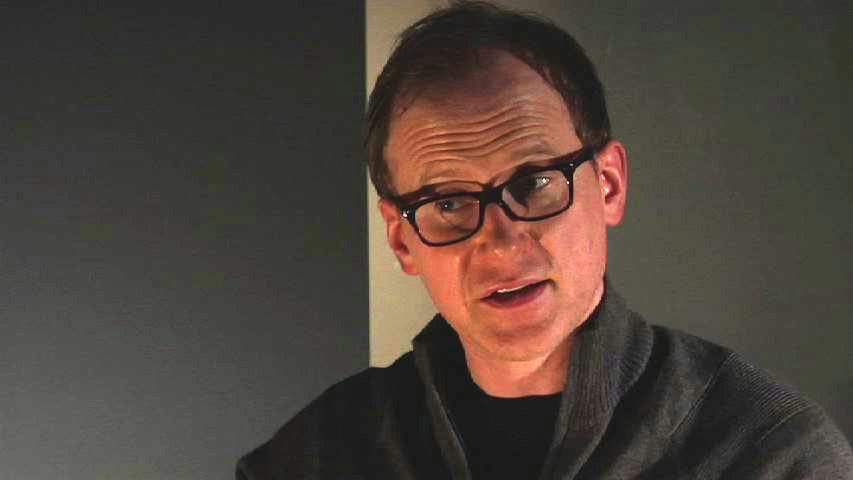Solaris remake by Stephen Soderbergh – process not results
One of the most difficult things that every actor grapples with is how to reach that undeniable feeling of inspiration on stage or on the set. There’s nothing like the experience of inhabiting your role so deeply that you believe every moment as if it were really happening, all your thoughts are character thoughts and your emotions flow through you in a satisfying magical rush.
Constantin Stanislavski said, “The main difference between the art of the actor and all other arts is that every other artist may create whenever he is in the mood of inspiration, but the artist of the stage must be the master of his own inspiration and must know how to call it forth when it is announced on the posters of the theatre. This is the chief secret of our art.”
What does this mean to the actor when we know that on stage tonight our character must suffer a nervous breakdown at the end of Act Two, or that tomorrow on the set our character confronts the lover who had an affair? What does an actor do when he/she knows what the results of a performance need to be, yet still connect in their performance as if it’s happening for the first time, spontaneously and with unique reality?
This is where the actor’s process comes into play. Many actors will tell you that whenever they get hung up on the results, whether it be an emotion, having a true reaction or living truthfully in the moment, forcing results will kill the spontaneity of the performance. However, when the actor has a process (this includes homework, research, personalizing, script analysis, etc), trusting this process and letting go of results undoubtedly will increase the possibility of having real and inspired moments in the role.
The specifics of an actor’s process are very intricate, and there is more than one way to get to the promised land of inspiration. Every actor finds his/her own process in their journey and refines that process over a lifetime. When a process works, it turns on invisible switches in the actor’s subconscious, creating a belief system in the character’s life and circumstances. With experience, an actor learns to trust this process, let go of the results and allow for the character to live through him/her. The process is the means to an end. It allows for letting go so that the actor can become a vessel for the character to “live through”. Just as the athlete has to let go when the game is on, trusting that their hours of study and practice allow for the right move to simply be there when called upon.
Like many art forms, acting can be an incredible mystery. Enjoying the process rather than forcing the results keeps us artful and keeps the mystery of acting alive.





